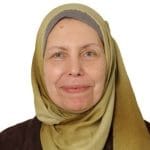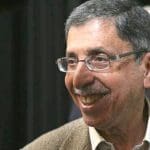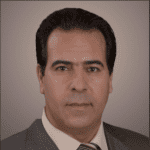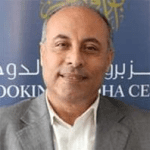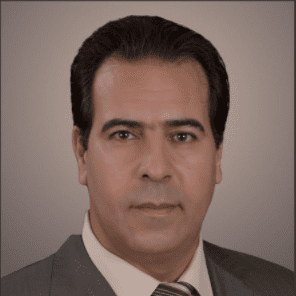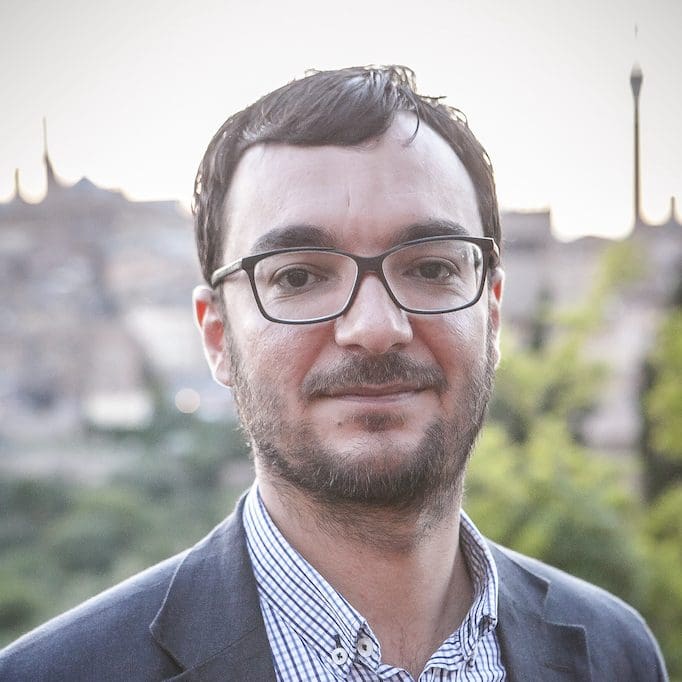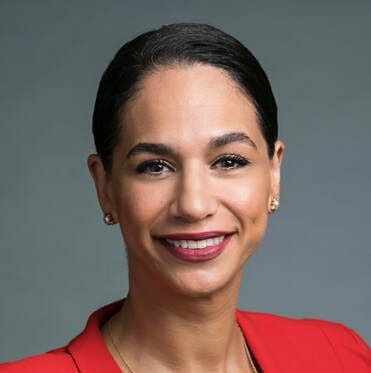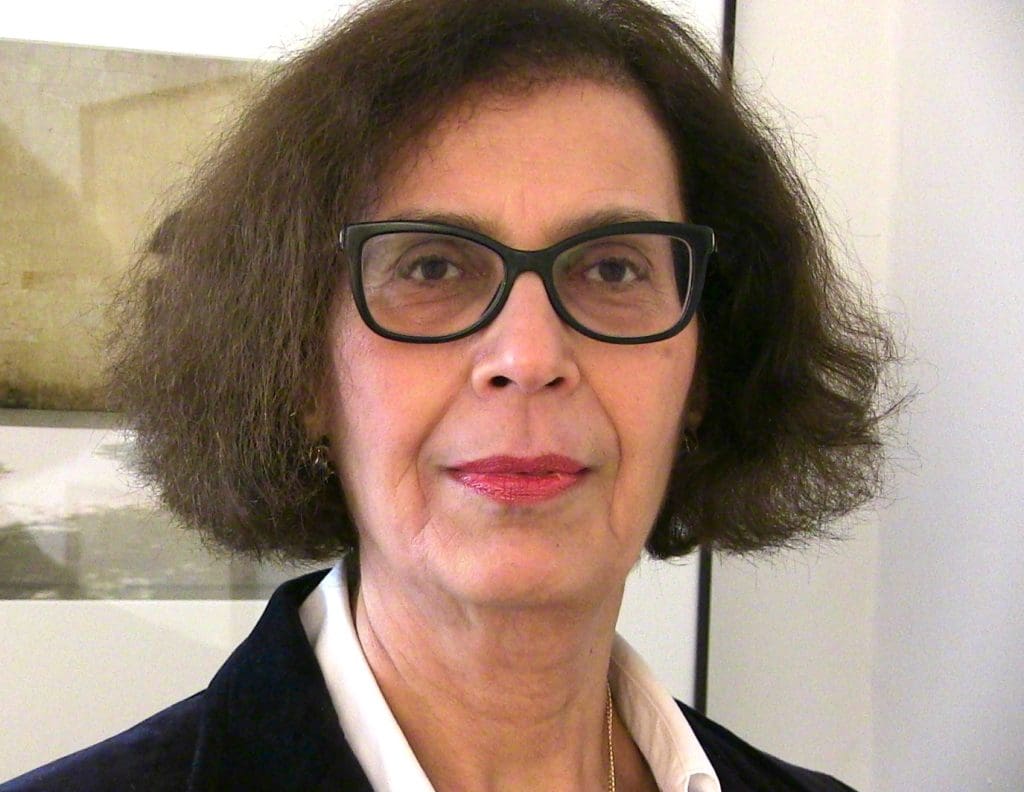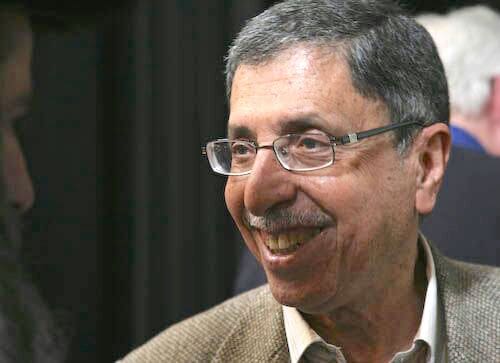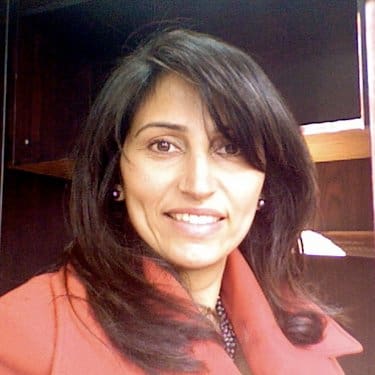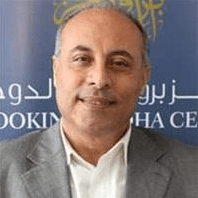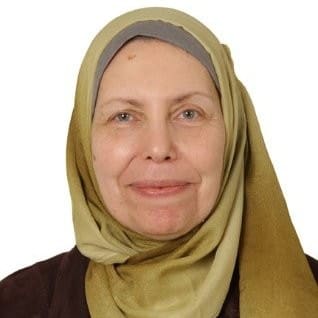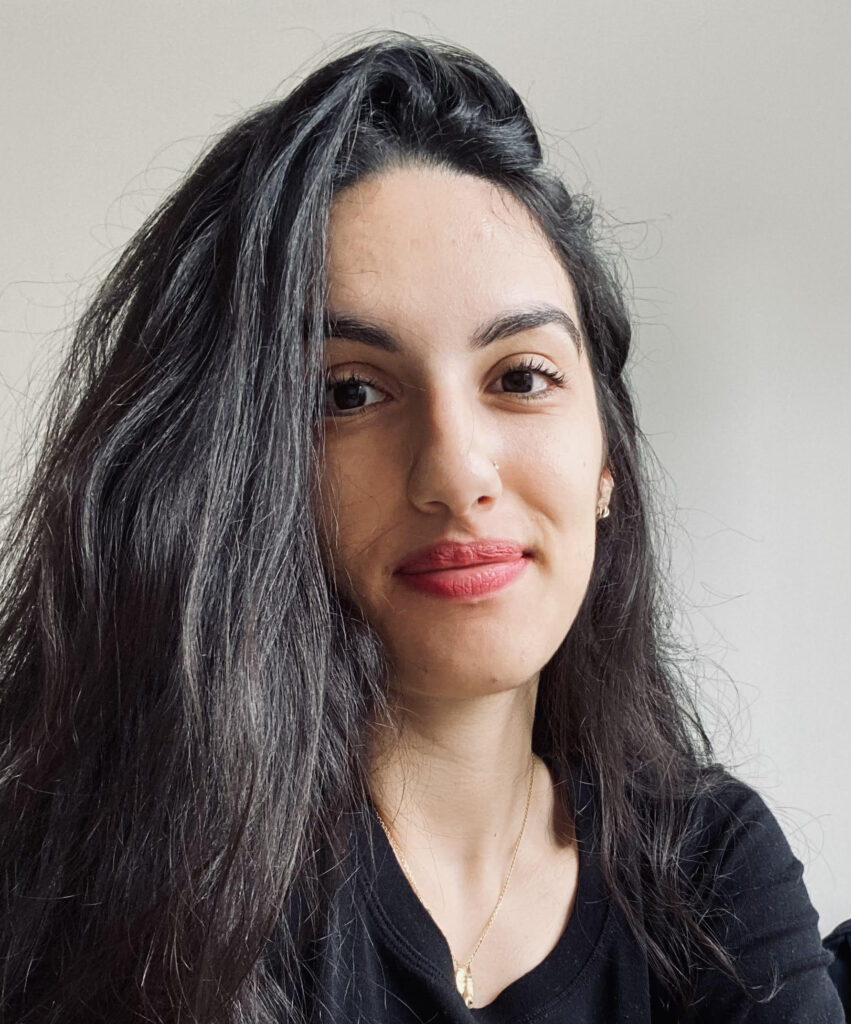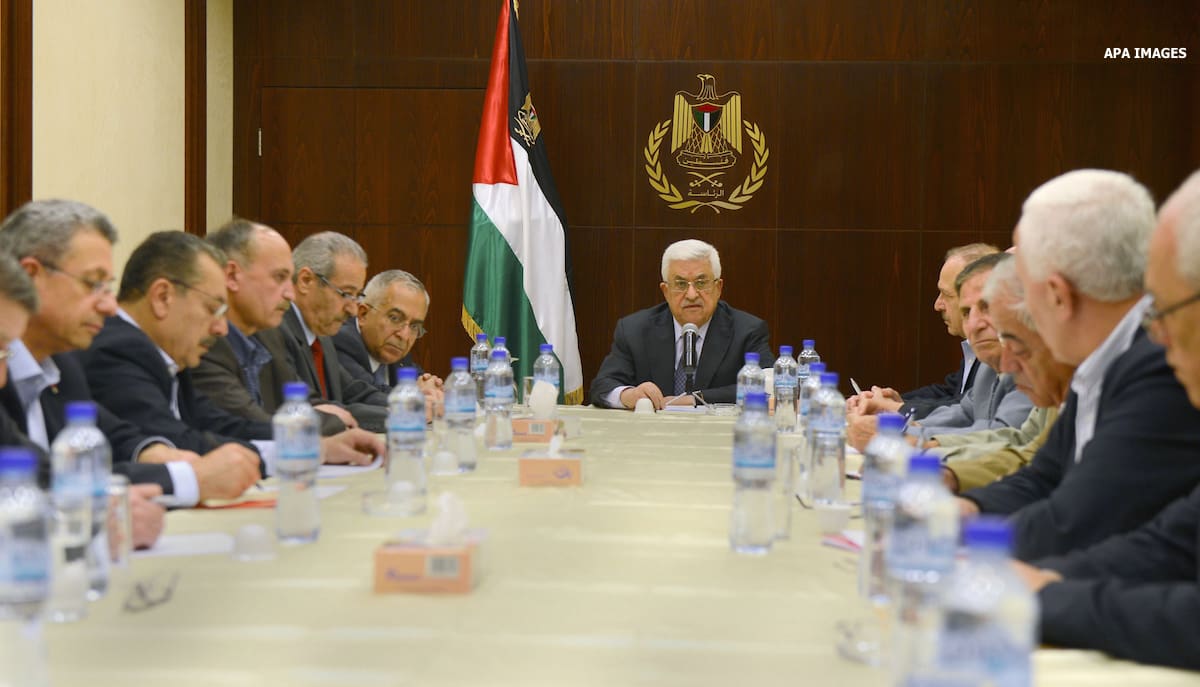
A Palestinian leadership vacuum looms due to the ill health of the secretary general of the Palestine Liberation Organization (PLO), Saeb Erekat, and the frailty of the Palestinian Authority (PA) President Mahmoud Abbas, who also heads the PLO and its main constituent party Fatah. The PA has largely co-opted the PLO, with Abbas ruling by diktat in an increasingly authoritarian manner, most recently cracking down on Palestinian use of social media. Yet despite its limitations, the PLO remains the body that has the most legitimacy among the Palestinian people under occupation, in Israel, and in the diaspora.
Earlier this month Fatah’s Central Council called for a meeting of the Palestinian National Council (PNC), which serves as the Palestinian parliament in exile and has only met twice since the PA was established. The PLO Executive Committee is considering the call, but the parameters and purpose of the meeting have yet to be defined, and convening a meeting without agreement on the basics, including on the representation of major political factions hitherto excluded from the PLO, would be detrimental to the national project.
Against this background, Al-Shabaka has pulled together a selection of pieces from its archives in which its policy analysts discuss issues related to the reform of PLO institutions and questions of legitimate political representation.
Reforming the PLO
Democratizing the PLO: Five Questions
By Toufic Haddad
Toufic Haddad acknowledges in this Commentary that the democratization of the PLO is long overdue. However, he warns that much of the contemporary debate around democratization wants the end result of democracy without undertaking the real work of what democracy entails. Read more…
“Who Are You?”: The PLO and the Limits of Representation
By Osamah Khalil
In this Policy Brief, Osamah Khalil argues that, while many Palestinians seek to revive the PLO to its former strength in Palestinian representation, such an act would not lead to greater representation and accountability. Instead, Palestinians must abandon the PLO and begin working to create a new representative body. Read more…
An Open Debate on Palestinian Representation
By Rana Barakat, Mouin Rabbani, Dina Omar, Fajr Harb, Hani Masri, As’ad Ghanem, Yasmine Hamayel, and Aziza Khalidi
In this Roundtable, Al-Shabaka analysts respond to Osamah Khalil’s Policy Brief, discussing possible next steps for Palestinian representation, such as reforming or dissolving the PLO, and how to build a more cohesive and democratic community. Read more…
Representation Under Occupation
Palestine After Abbas: Potential Scenarios and Coping Strategies
By Hani al-Masri, Noura Erakat, Jamil Hilal, Sam Bahour, Jaber Suleiman, Diana Buttu, Wajjeh Abu Zarifa, and Alaa Tartir (facilitator)
It was hoped that the long-delayed Fatah seventh conference would provide insight into how and when Mahmoud Abbas might step down from one or all of the three positions he holds in the PLO, the PA, and Fatah. This Roundtable examines the different scenarios for a post-Abbas Palestine. Read more…
Palestinian Democracy Denied
By Mouin Rabbani, Basem Ezbidi, Tariq Dana, and Amal Ahmad
The potential of Palestinian democracy is greatly weakened by Israel and its military occupation, Palestinian actors such as Fatah and Hamas, and key members of the donor community. In this Roundtable, Al-Shabaka analysts examine the notion of democracy under occupation so as to understand what it entails and how it can be expressed. Read more…
Leadership to What End?
Oslo’s Roots: Kissinger, the PLO, and the Peace Process
By Osamah Khalil
The conventional wisdom is that the PLO – weakened and on the verge of bankruptcy after the end of the Cold War and the first Gulf War – signed the Oslo Accords to stave off the emergence of an alternate leadership from the Occupied Palestinian Territory and irrelevancy. However, in this Policy Brief Osamah Khalil draws on declassified US diplomatic documents to argue that the roots of Oslo can be traced to the aftermath of the 1973 October War. Read more…
PLO/Palestine: Time to Stop Buying Time
By Nadia Hijab and Diana Buttu
Almost every day brings the announcement of a new international initiative by the PLO to seek recognition as a “state” or to end Israel’s military rule. Yet, as noted in this Commentary by Nadia Hijab and Diana Buttu, all this talk about new initiatives rings hollow because the PLO has done so little with the many legal tools already available to it. Read more…
Al-Shabaka policy analysts are available for media interviews. Please email [email protected] for more details.















